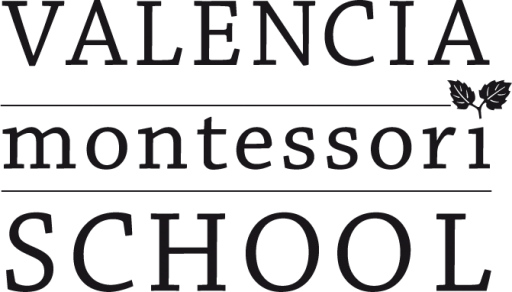Admissions Process
For those seeking out education, community and a conscious future you are invited to explore what Valencia Montessori School has to offer students, their families and the community.
How is the admission process? What steps should I follow?
“A true Educator locates the intelligence and abilities within another, drawing them out for all, even the student, to see. And then steps out of the way, allowing them to develop, create and pursue their talent.”
Academic Fees
2024-2025
INFANT COMMUNITY PROGRAM
(from 18 months to
3 years old)
Education & Nutrition:
620 € / month
Schedule: 08.45 to 16.30
Included: co-curricular activities, school insurance.
Included: A.M. snack, lunch & P.M snack.
Material Fee: 350 €
Annual payment for classroom material. This amount will be invested in the continuous improvement of classrooms.
CHILDREN’S HOUSE PROGRAM
(from 3 to 6 years old)
Education & Nutrition:
620 € / month
Schedule: 08.45 to 16.30
Included: co-curricular activities, school insurance.
Included: A.M. snack, lunch & P.M snack.
Material Fee: 350 €
Annual payment for classroom material. This amount will be invested in the continuous improvement of classrooms.
ELEMENTARY PROGRAM
(from 6 to 12 years old)
Education & Nutrition:
691 € / month
Schedule: 08.45 to 16.30
Included: co-curricular activities, school insurance.
Included: A.M. snack, lunch & P.M snack.
Material Fee: 440 €
Annual payment for classroom material. This amount will be invested in the continuous improvement of classrooms.
F&Qs
What ages do you cater to?
Our students range in age from 1.5 to 12 years. Our four Learning Stages are:
Infant Community, ages 1.5-3
Children’s House, ages 3-6
Lower Elementary, ages 6-9 (Grades 1-3)
Upper Elementary, ages 9-12 (Grades 4-6)
*Note: we do not accept new students in Grade 6.
The VMS Parent and Infant Program, designed for children 6 to 16 months of age, is available on Saturday mornings. We encourage parents and the child to enroll in this program to explore on a deeper level Montessori method and to learn from the Montessori philosophy how to observe and to start guiding your child at home.
What is the VMS community?
Being a family of Valencia Montessori School, means belonging to a community, a community of people who believe that education comes in various shapes and sizes, that inclusivity creates a better world, and that are eager to be part of the new generation of thinkers.We are honored to share the school project with a multi-generational community. Many local families take part in the Community with families who have moved from abroad by introducing themselves and making them feel at home.
Throughout the school year, we create opportunities to gather such as through our School for Families program, the yoga practice for parents, library nights, and special celebrations. There are also many other parent-initiated activities like fitness groups, volunteer efforts…The Parent Association (PA) is an active part of our school whose voice is highly valuable to the constant growth and evolution of our community. They also help with student/class celebrations.
What curriculum do you use?
Unintended learning can occur anywhere – inside or outside the classroom – and is largely ‘uncontrolled’. It can emanate from, for example, the ethos or culture of the school, from relationships between students and teachers and between students themselves and from how students understand the way things are in their world.Curriculum can be understood as the totality of what children learn while at school – including what they learn through classroom activities; in interdisciplinary tasks; across the school, for example, in the playground, at lunch time when eating (civic responsibilities, etc.). This curricular totality also includes opportunities for wider achievement through sports, music, design and technology, art.The school project embraces a Nutrition Education Program and Environmental Education Program as part of the whole curriculum. For us curriculum is defined in a holistic, process-oriented way.
Is there an adaptation period?
“Adaptation to the environment is the first necessity.” — Maria MontessoriAdaptation is a process that can be slow or fast, it depends on the child and where he/she is emotionally, their level of maturity, and physical capabilities.
This process follows the child’s sensitive periods, critical stages where they are learning about their environments.Providing a prepared environment that is enticing and stimulating helps the child to develop and learn with confidence and security. Depending on the child’s stage, there is a progressive adaptation to have a smooth transition from home to school.
What languages do we use to communicate with our learners?
Infant Community (18 months to 3 years) is our only bilingual stage.
From Children’s House until the end of Elementary, English is the primary language. From 1st grade and beyond, Spanish and Valenciano are subjects taught.
Does my child have to speak english to be accepted?
Admissions decisions are made based on many factors, such as shared values, language, availability, resources, and more. One important factor is the commitment of the family to follow through with recommended support outside of the school day.Working together in this way, we can ensure that we accomplish our ultimate purpose: wholesome education for life.Learners applying to our Infant Community and Children’s House Program (ages 1.5 – 5) may enter with limited or no English skills.
Learners applying to our Lower and Upper Elementary Program (ages 6 -12) should have some knowledge of the English Language.
The level of English Language Acquisition will depend on the grade the child is applying to, being Basic for 1st grade and Advanced for Upper Elementary with limited English skills may benefit from our EAL program.
For 1st, 2nd and 3rd grade learners, the assessment of English language skills will be performed in the following manners:
a) a classroom visit or an online meeting
b) a reading and/or language based game
c) a writing sample.During his or her visit, the child will respond to a prompt about a topic he or she is familiar with, following an informal conversation between the adult and the child about the topic chosen.For 4th grade and up, learners transferring from another school will need to take a grade level appropriate CCSS entrance test. This will help to gauge his or her academic level and his or her use of the English language. The candidate will also be required to participate in the following:
a) a classroom visit or an online meeting
b) a reading and/or language based game
c) a writing sample.
During his or her visit, the child will respond to a prompt about a topic he or she is familiar with, following an informal conversation between the adult and the child about the topic chosen.
Are all the staff native english speakers?
The VMS team is a direct reflection of our diverse, multicultural student body. Our staff come from all over the globe such as the United States, Hungary, Russia, Estonia, just to name a few.
In Montessori, we believe that our educational environments should model our real world, one where people use languages to communicate thoughts and share ideas.
What we consider to be of utmost importance is that guides and children alike are able to clearly and comfortably communicate in a language, whether it is their mother tongue or not.
All personnel that work directly with children, with the exception of our Spanish and Valenciano guides, communicate in English while encouraging the children to follow their lead.
What types of activities do you offer after school hours, if any?
Each year our children are able to select from a variety of after school activities including judo, basketball, art lab, music and more! Most of the activities are for children 3 and up and end around 18:00 h.
During spring break and the first four weeks of summer, we have two types of camps. For both of them, it is our very own VMS team that works with the children to continue with our Montessori principles. They are also open to the public for children 4 and up.
Are there half-day or morning only schedule options?
As a center, we do not officially offer a distinct schedule. Should a family decide to have the child stay for the morning Montessori work cycle, it needs to be communicated prior to the child’s first day at the school.
We do ask that families be consistent with the schedule, i.e. if they leave after the work cycle, that it be everyday not just specified days.
Do you offer a bus service?
Generally we do offer a bus service that runs within the city limits of Valencia, not to the surrounding towns.
The bus service will be offered if the minimum number of participants is met, in this case we confirm the service and the route over the summer.
Bringing my child at 8:45 a.m. would be difficult, is there a morning care service?
Yes!
We offer child care services both before and after the school day.
In the mornings, it is offered from 7:45 to 8:45, and in the afternoons from 16:30 to 17:30 h.
When will VMS offer its wholesome education until Hight School Graduation?
VMS is an educational project that continues to grow. With a vision for the future, we take the necessary steps to consolidate each educational stage in a responsible and conscious manner. This implies the continuity towards the secondary stage in the coming years. Until then, VMS will continue to consolidate with the highest quality and dedication the present educational stages that will be the driving force to achieve the vision for the future.
At the end of the elementary stage, VMS has established agreements with other educational centers.
We are proud to know the children who move on to another school have the academic, social and emotional skills they need to succeed. Each child is unique and we guide them to their potential rather than their weaknesses. Additionally, we work with the family in this process to prepare the child for a smooth transition.
